
Happy Valentine’s Day, everyone.
Some people go all out for Valentine’s Day; others don’t. A friend of mine has terrible anxiety around the whole idea of celebrating on February 14th because she remembers feeling rebuffed during Valentine exchanges as a young child in elementary school. Other people, like Mr. Petrol head, believe Valentine’s Day was created for commercial purposes only and love doesn’t need a specific date to be celebrated. I agree on the latter, but I’m not so sure the origins of the day are as crass as he believes.
Valentine’s Day, which is sometimes referred to as Saint Valentine’s Day or the Feast of Saint Valentine, began as a Christian feast day honoring a martyr named Valentine. By some accounts, St. Valentine was a Roman priest and physician who was martyred during the persecution of Christians by the emperor Claudius II Gothicus in the year 270. Apparently, Valentine defied the emperor’s ban on marriage (he thought it distracted young soldiers), and married couples in the spirit of love until he was caught and sentenced to death.
Given that this is ancient history, the tale has taken on a number of different versions over the years. Some sources even suggest there were two men named Valentine who could have inspired the holiday. Nevertheless, by the 14th century, St. Valentine was accepted as the patron saint of lovers. And the responsibility for that rests with poet and author Geoffrey Chaucer, often called the ‘father of English literature.’
His 14th century poem, “The Parliament of Fowls”, is the first known reference to St. Valentine’s Day being a day for lovers. William Shakespeare and John Donne followed Chaucer’s lead and by the 18th century, the idea of expressing love with flowers, sweets and greeting cards was well-established. Even back then, however, there was some criticism of the commercial nature of the day.
In 1858, an editorial in the London Journal supported the exchange of cards on Valentine’s Day but observed that ‘the predominating sentiment should be the sentiment of love,’ adding that home-made cards are much preferred as mass-produced Valentines are ‘very trashy and not a little vulgar and the result of mercenaries for hire.’
Clearly rebelling against the commercial tone of Valentine’s Day isn’t new. That said, celebrating love isn’t a new thing either. And I’m all for that, regardless of the form the celebration takes.
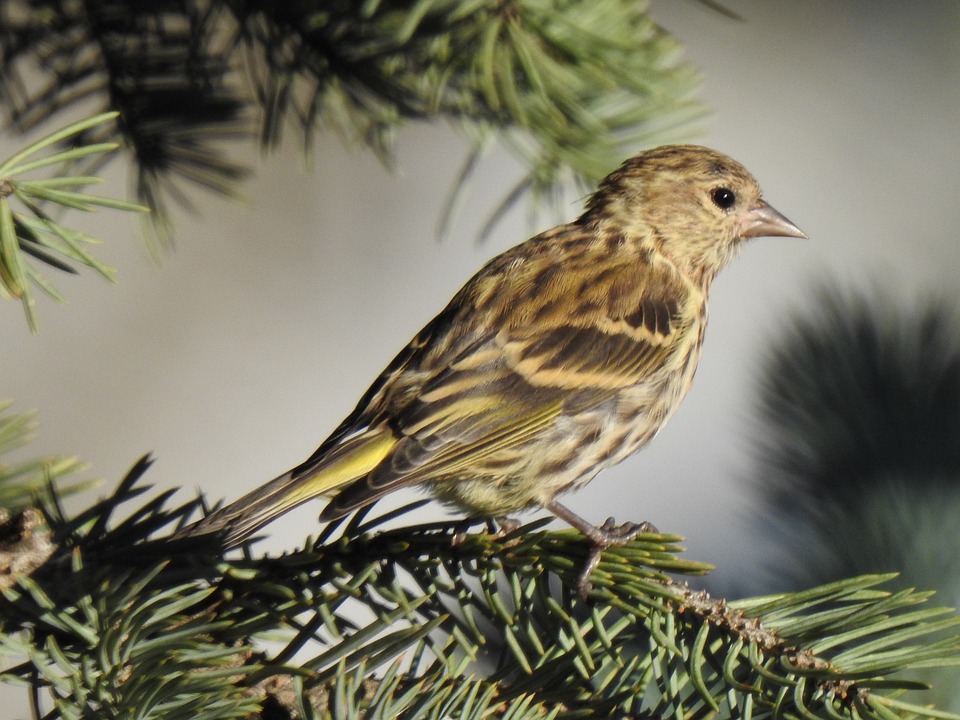
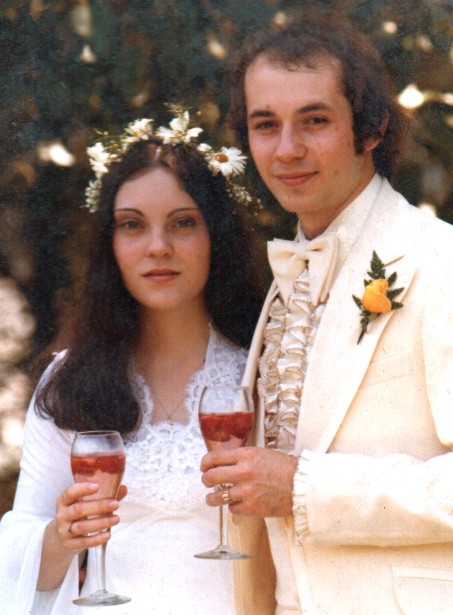
 Last week, I finished doing a substantive revision on No Right Thing. Revising, as I’ve said before, is one of my favorite parts of the writing process. Polishing and tweaking can take a story from good to great, and I think No Right Thing is one of the best YA novels I’ve written so far. A big shout out to Melanie Jeffs at Crwth Press for comments and suggestions that gave me the springboard I needed to dive in and make some changes.
Last week, I finished doing a substantive revision on No Right Thing. Revising, as I’ve said before, is one of my favorite parts of the writing process. Polishing and tweaking can take a story from good to great, and I think No Right Thing is one of the best YA novels I’ve written so far. A big shout out to Melanie Jeffs at Crwth Press for comments and suggestions that gave me the springboard I needed to dive in and make some changes.
 The garden is one of my best teachers and I was reminded of that last week when we picked kiwifruit from our vines. Seventy-five of the fuzzy, egg-shaped fruits if you want an exact number. I planted the vines myself over a decade ago and this is the first year we’ve had any kind of harvest.
The garden is one of my best teachers and I was reminded of that last week when we picked kiwifruit from our vines. Seventy-five of the fuzzy, egg-shaped fruits if you want an exact number. I planted the vines myself over a decade ago and this is the first year we’ve had any kind of harvest. of blooms, googled, scratched our heads, googled some more. Finally we took the delicate flowers out the peninsula to a famed tropical fruit grower who told us within seconds that we had unfortunately been sold two male vines. Mislabelling tended to be a fairly common risk with kiwifruit vines, he said, adding that he’d lost track of the number of customers who’d come to him with the same problem. And so what to do?
of blooms, googled, scratched our heads, googled some more. Finally we took the delicate flowers out the peninsula to a famed tropical fruit grower who told us within seconds that we had unfortunately been sold two male vines. Mislabelling tended to be a fairly common risk with kiwifruit vines, he said, adding that he’d lost track of the number of customers who’d come to him with the same problem. And so what to do?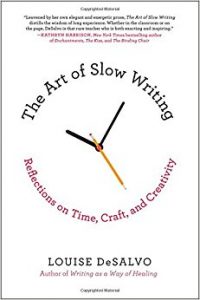 The universe has such a sense of humor.
The universe has such a sense of humor.
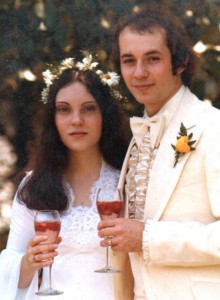

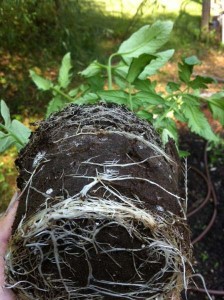


Comments